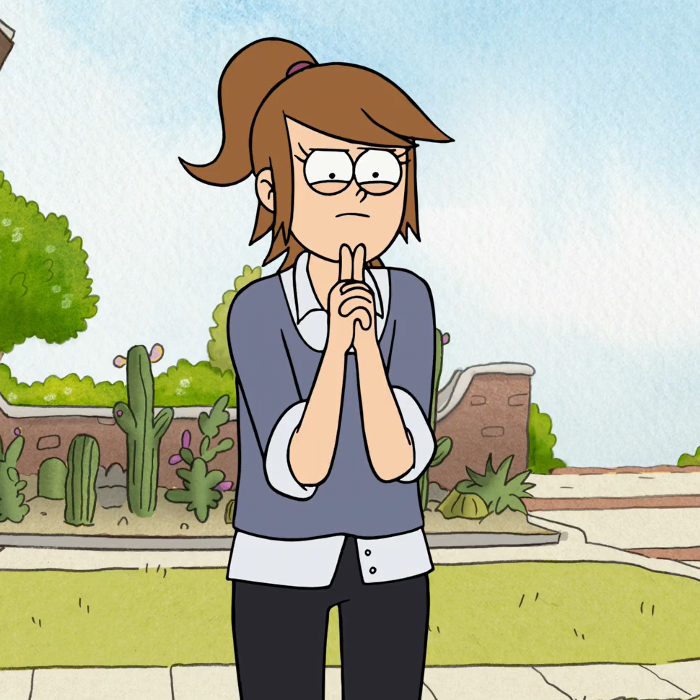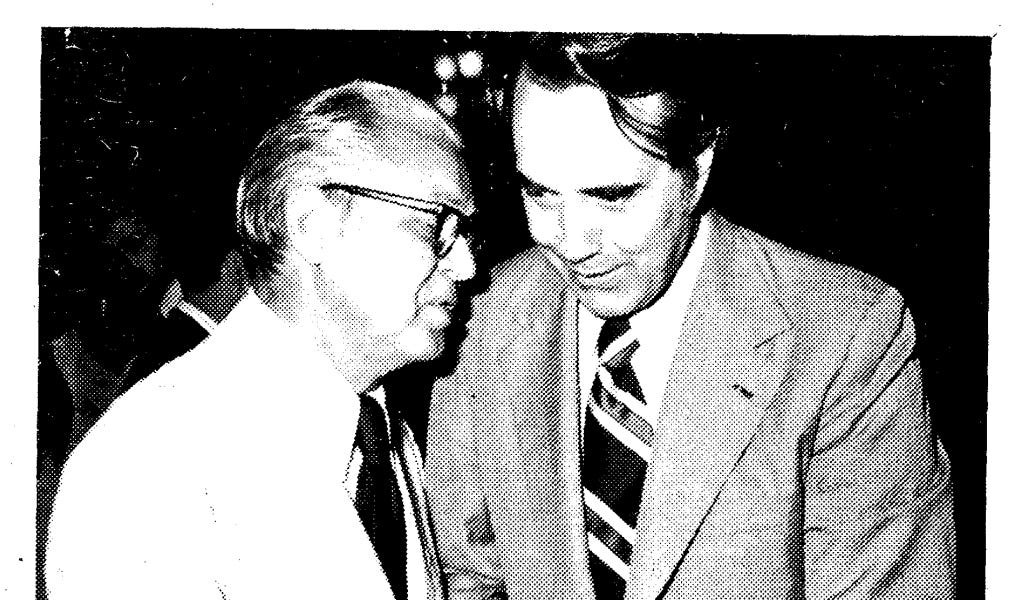As told by his obituary, Stephen J. Skubik (1916–1996) “started life in a basket left on the doorstep of a Ukrainian church in Philadelphia,” and in his Depression-era teens, “spent a year traveling across the country as a railway hobo.”
By 1970, he “suggested the concept of building a monument to the victims of Communism” according to Donald Miller, the executive director of the NCNC and the Korean Cultural and Freedom Foundation, which was a front for the Moonie cult, or Unification Church. Skubik and Miller served on the “American Action Committee” of the AACCC, which announced “Operation M” to create a memorial for the “victims of communism.”
[…]
In 1993, the year that Congress “encouraged” the NCNC to “create an independent entity” for its victims of communism memorial project, a 77-year old Stephen Skubik self-published a poorly written, dubious and conspiratorial book, “The Murder of General Patton,” according to which the author had a life changing meeting with OUN-B leader Stepan Bandera, the infamous Ukrainian [Axis] collaborator, just a week after World War II ended in Europe.
[…]
Stephen Skubik wrote that he subsequently questioned other Ukrainian nationalist leaders, who repeated the rumor about Patton. Skubik “interrogated” General Pavlo Shandruk, who had commanded the remainder of the Ukrainian Waffen-SS division, and Professor Roman Smal-Stocki, who was also wanted by the Soviets as a Nazi collaborator.
(Emphasis added.)
Skubik was also partly responsible for encouraging more aggression towards the people’s republics, euphemistically called a policy of ‘liberation’:
The Ukrainian Congress Committee sent Stephen J. Skubik, future VOC founder Lev Dobriansky, and three other representatives to the 1952 Republican national convention, where they urged the platform committee to adopt a foreign policy plank “advocating and supporting freedom and independence for all nations enslaved by Soviet Russia.”


